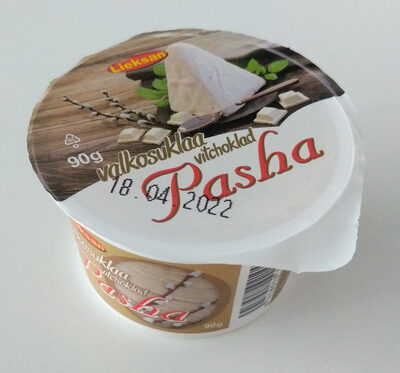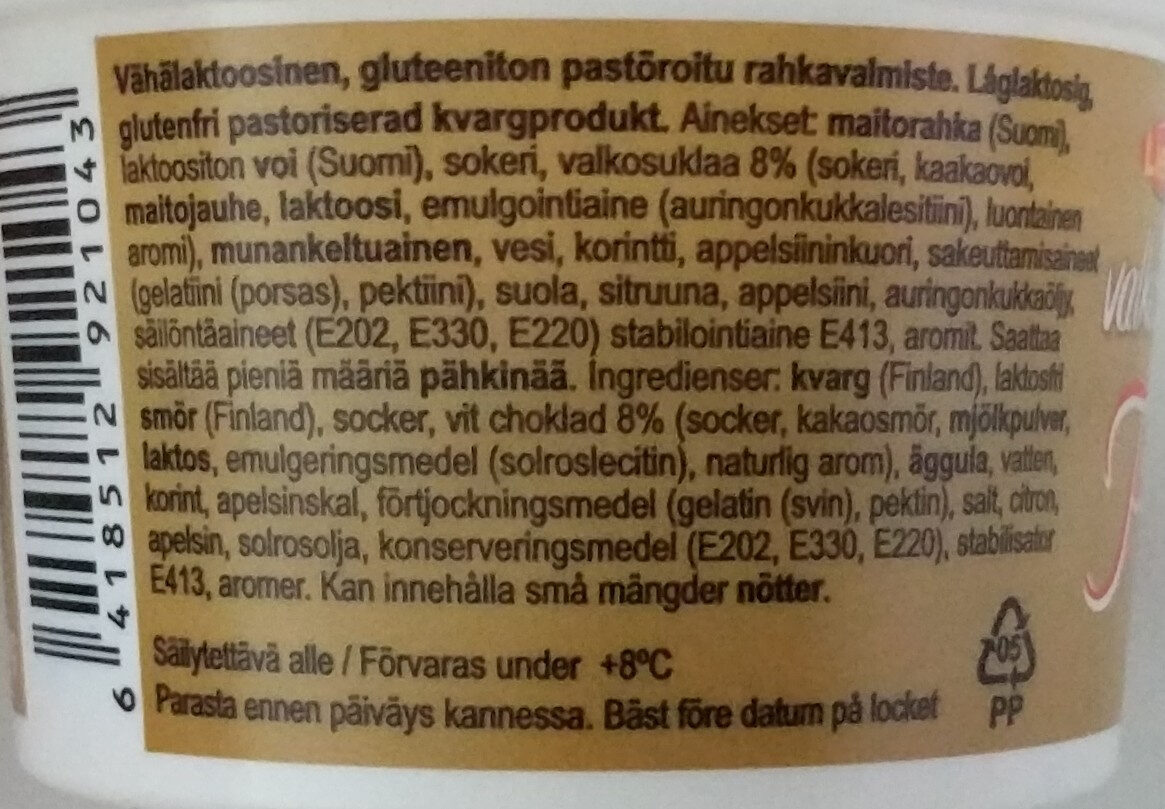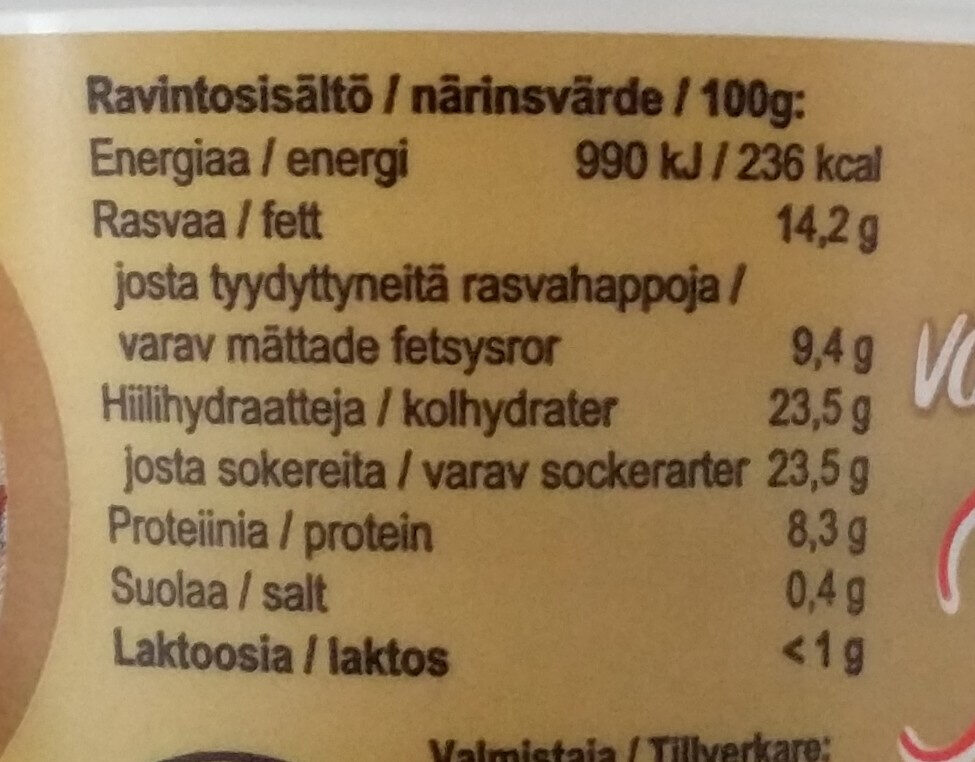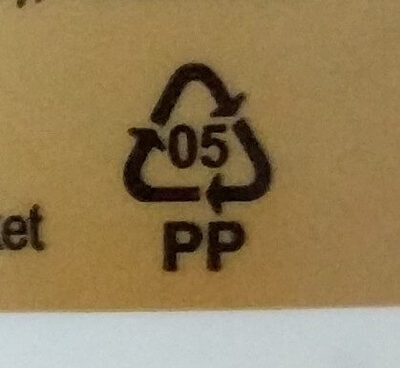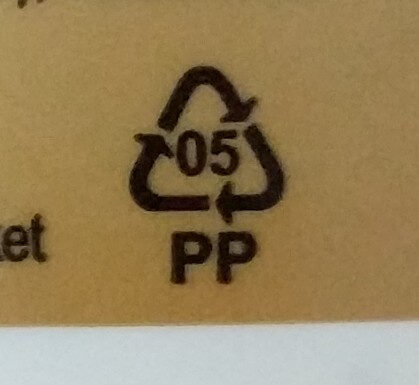Valkosuklaapasha - Lieksan - 90 g
Barcode: 6418512921043 (EAN / EAN-13)
Common name: Pastöroitu, vähälaktoosinen, gluteeniton rahkavalmiste
Quantity: 90 g
Packaging: Plastic, Pp-polypropylene
Brands: Lieksan
Categories: Dairies, Fermented foods, Fermented milk products, Desserts, Dairy desserts, Festive foods, Easter food, Quarks, fi:Pasha
Labels, certifications, awards: No gluten, Low lactose - Finland
Origin of ingredients: Finland
Manufacturing or processing places: Lieksa, Suomi
Traceability code: FI 60232 EY
Link to the product page on the official site of the producer: https://lieksan.fi/pashat/#valkosuklaapa...
Stores: K-Supermarket
Countries where sold: Finland
Matching with your preferences
Report a problem
Data sources
Product added on by mvainola
Last edit of product page on by refueling2134.
Product page also edited by openfoodfacts-contributors.
